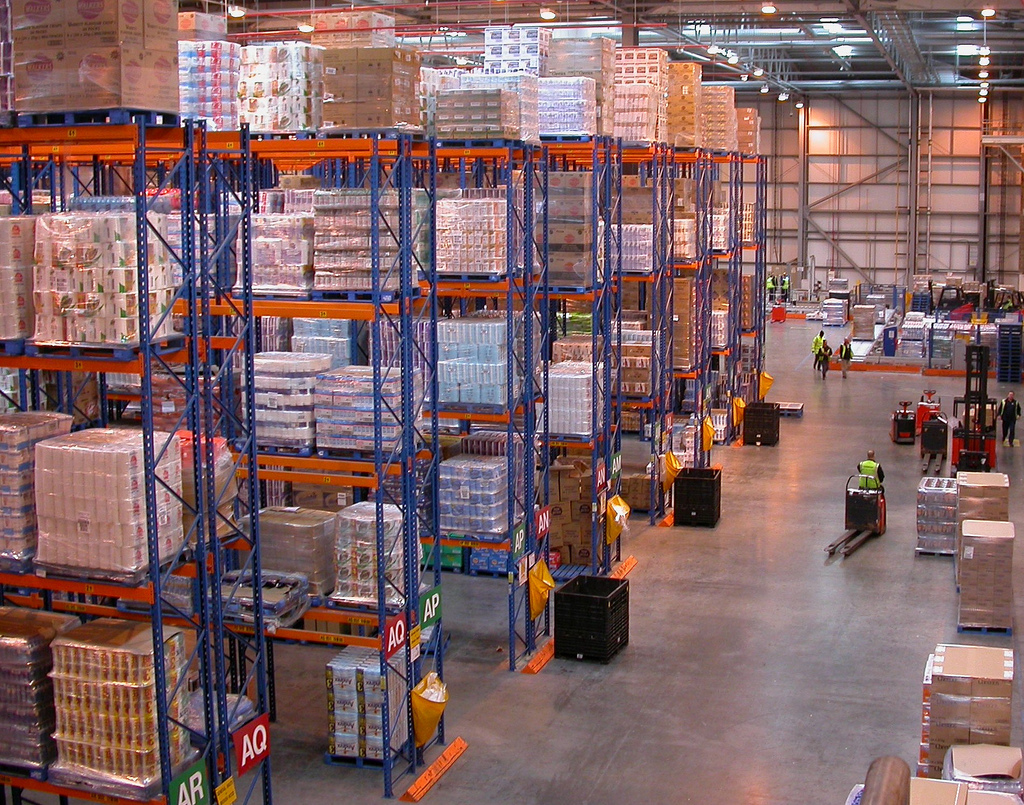
PHOTO: Supply chain/Nick Saltmarsh via Flckr
Supply chain disruptions continue to slow production and raise operating costs for Canadian manufacturers. Experts say that these disruptions aren’t likely to end any time soon.
The right business strategy will be essential for manufacturers that want to navigate the supply chain crisis. For some manufacturers, there could even be a silver lining to these supply chain woes.
The State of the Supply Chain for Canadian Manufacturers
It’s likely that almost every Canadian manufacturer is feeling the effects of supply chain disruptions right now.
According to a recent report, nine out of 10 Canadian manufacturers are struggling with supply chain issues. Potential losses from disruptions could be as high as $10 billion.
In response, many manufacturers have been forced to delay the fulfillment of customer orders and hike prices. While demand is strong, fulfilling orders may be extraordinarily difficult.
Experts believe that disruptions are likely to continue well into the future. It’s unlikely that supply chain operations will return to normal this year, and disruptions could extend through 2023 and beyond.
Despite the forecasts for long-term supply chain disruptions, many executives continue to rely on short-term measures to manage delays, shortages and similar problems.
Best Practices for Managing Supply Chain Woes
Even small challenges have the potential to balloon into serious disruptions as delays become common and shortages a fact of life. For example, damage during transit to a customer’s order could result in a customer waiting weeks or months for a replacement.
Reevaluating packaging processes can help manufacturers avoid these challenges. Manufacturers that ship small items and rely on irregular or ultra-small packages can adopt packaging best practices that help to both reduce shipping costs and prevent damage during transit. Others can audit packaging processes and identify practices that may be causing damage or delays.
Long-term planning to offset supply chain disruptions can also help manufacturers navigate the rest of the year. Pivoting to local suppliers can help manufacturers cope with international shipping delays.
Communication with clients and customers may also be essential. Managing the expectations of customers and helping them plan for ongoing delays could allow businesses to smooth the potential consequences of delayed shipments and longer lead times on new projects.
The adoption of new technology that can help manufacturers better predict supply chain disruptions and market conditions could also help. The digitization of supply chain systems can help manufacturers more effectively track the movement of raw materials and their products through the supply chain — potentially making it easier to spot bottlenecks and inefficiencies that may be making supply chain challenges even harder to manage. Some advanced solutions even use technology like AI to help companies process supply chain data and make more informed decisions.
Cloud solutions, in particular, may offer the flexibility that manufacturers need to stay agile amid supply chain challenges.
Some businesses are also turning to reshoring to manage the supply chain crisis. Montreal-based business jet maker Bombardier, for example, recently opted to bring “aerostructure work in-house from North American suppliers outside its home province of Quebec,” according to Reuters. The company says that the reshoring has led to a reduction in production delays and improved quality.
Manufacturers Should Prepare for Long-Lasting Supply Chain Disruptions
For Canadian manufacturers, supply chain disruptions are likely to persist well into the future — potentially as late as 2023 or beyond. Preparing long-term solutions that can help your business manage these challenges will be essential.
Supply chain audits, new logistics management technology or even reshoring can all be effective strategies for managing supply chain disruptions.
Reposted from Canadian Manufacturing.






